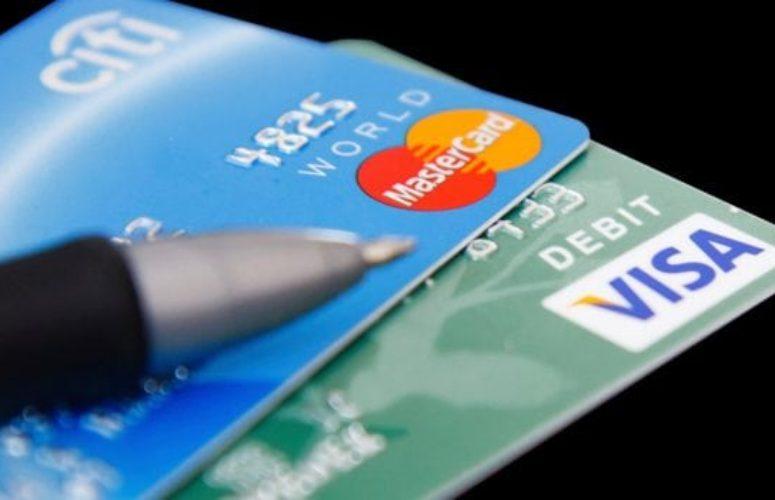
Solar Renewable Energy Certificate Registration Program to Close
Solar Transition Program to Follow
On Apr 6, 2020The New Jersey Board of Public Utilities (BPU) declared that 5.1% of the retail electricity sold in the state is generated from solar power and therefore directed its staff to close the state’s Solar Renewable Energy Certificate (SREC) Registration Program effective April 30.
“While today marks the end of one chapter, it also marks the beginning of a new chapter that I believe will lead to a very successful solar future while also lowering costs for New Jerseyans,” said BPU President Joseph L. Fiordaliso. “With a record year for solar in 2019, the New Jersey solar industry is strong and I am confident it will continue to be healthy and profitable while playing a key role in fighting climate change and reaching the Governor’s goal of 100 percent clean energy by 2050.”
The Clean Energy Act, which Gov. Phil Murphy signed into law in May 2018, requires BPU to close the SREC program by June 2021 or when 5.1% of the electricity sold in the state is generated by solar, whichever comes first. The Board declared that the state’s solar industry has reached that 5.1 percent milestone.
BPU first established the SREC Program in 2004 to complement the state’s existing solar rebate program. Since then, over 3.25 GW of solar has been constructed throughout the state, including over 118,000 residential solar systems.
BPU has expressed its intent to provide a smooth and efficient transition from the SREC program, and to develop new incentives that will be less costly to ratepayers while continuing to support robust solar development in New Jersey.
The Board order reaffirms BPU’s commitment to a strong solar industry in New Jersey by taking steps to ensure that Transition Renewable Energy Certificates (TRECs) are available to projects that no longer qualify for the SREC program. This includes directing the utilities to purchase TRECs on a monthly basis from qualified developers and accelerating the infrastructure necessary to process TREC payments. The order also notes that all projects eligible for TRECs automatically receive a conditional registration period of until April 30, 2021 to come on-line, regardless of their existing conditional registration status.
Finally, in light of the COVID-19 pandemic, the Board’s order eases the administrative burden associated with submission of complete post-construction certification packages for projects eligible to receive SRECs by allowing projects additional time to submit their final post-construction certification packages.
BPU is replacing the SREC program in two phases. The Board adopted the first phase, which is named the Transition Incentive Program and which involves issuing TRECs, in December 2019 following significant stakeholder input. The second phase, referred to as the Successor Program, is currently under development and staff soon expects to issue a Draft Straw Proposal for stakeholder feedback.
To access more business news, visit NJB News Now.
Related Articles:





